Plastic Propagation Trays: Reusable is Sustainable
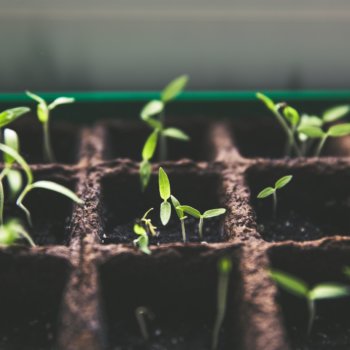
Herkuplast operates production practices that reduce their carbon emission output in their factory but now they have a product which helps their consumers reduce their own impact on the environment.
26 April 2018
For decades plastic has been used to manufacture propagation trays. Before that, expanded polystyrene was used extensively, but, even though its use continues today, demand has significantly reduced.
Now the focus is on plastic, in all of its forms. Pressure will continue to be applied to manufacturers of all types of plastic packaging in order to make them reduce the impact their products have upon the environment, and address sustainability concerns.
Horticulture is in no way exempt from this process, and manufacturers are looking with some urgency, at alternative materials from which to manufacturer propagation trays.
But let’s not forget the simplicity and practicality of long-life reusable trays, which themselves may already be recyclable at end of life.
Source reduction (reduction of raw material usage), reuse and recycling sounds like a common sense approach. In fact, this is how Herkuplast GmbH has operated its business for many years, and is committed to leading the industry in minimising the impact of its activities on the environment.
To achieve this, the company operates a fully certified energy management system to optimise energy efficiency.
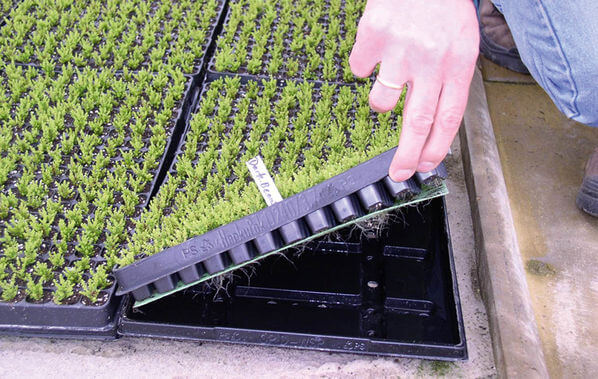
Based in Germany, Herkuplast supplies propagation trays throughout the world, normally shipping in the largest quantities to reduce tray miles.
Factory and warehouse roofing areas are all equipped with long-life photovoltaic panels supplying the energy required to manufacture thermo-formed Quickpot trays, with additional photovoltaic projects in the pipeline reducing emissions even further.
Solar energy is clean, safe and unlimited, and helps significantly reduce Herkuplast’s product carbon footprint (PCF). In fact, CO2 emissions are reduced by 70%.
Quickpot trays are made from heavy-duty re-usable PS film, with materials obtained only from first class recycled sources. For quality assurance, Herkuplast also audit their raw materials supply chain.
This recycled material receives the best UV treatment ensuring the trays withstand the negative effects of light. The high quality and rigidity of the Quickpot trays enable efficient handling, filling, seeding and plant extraction.
Treated with care, Quickpot trays will last up to 10 years and beyond. When Quickpot trays reach the end of their life, they can be washed, ground, and used as input for the production of recycled film to manufacture more trays.
This life cycle process has been in place in the Netherlands and Germany for consumer and commercial Herkuplast products for some time and is working well.
Herkuplast and its UK and Ireland partner PG Horticulture Ltd actively promote the use of long-life trays. Herkuplast processes and products benefit the environment for the long term, but also professional growers adopting Quickpot trays will substantially reduce production costs by utilising, and re-using long-life trays.



 Print
Print

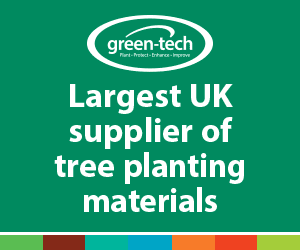
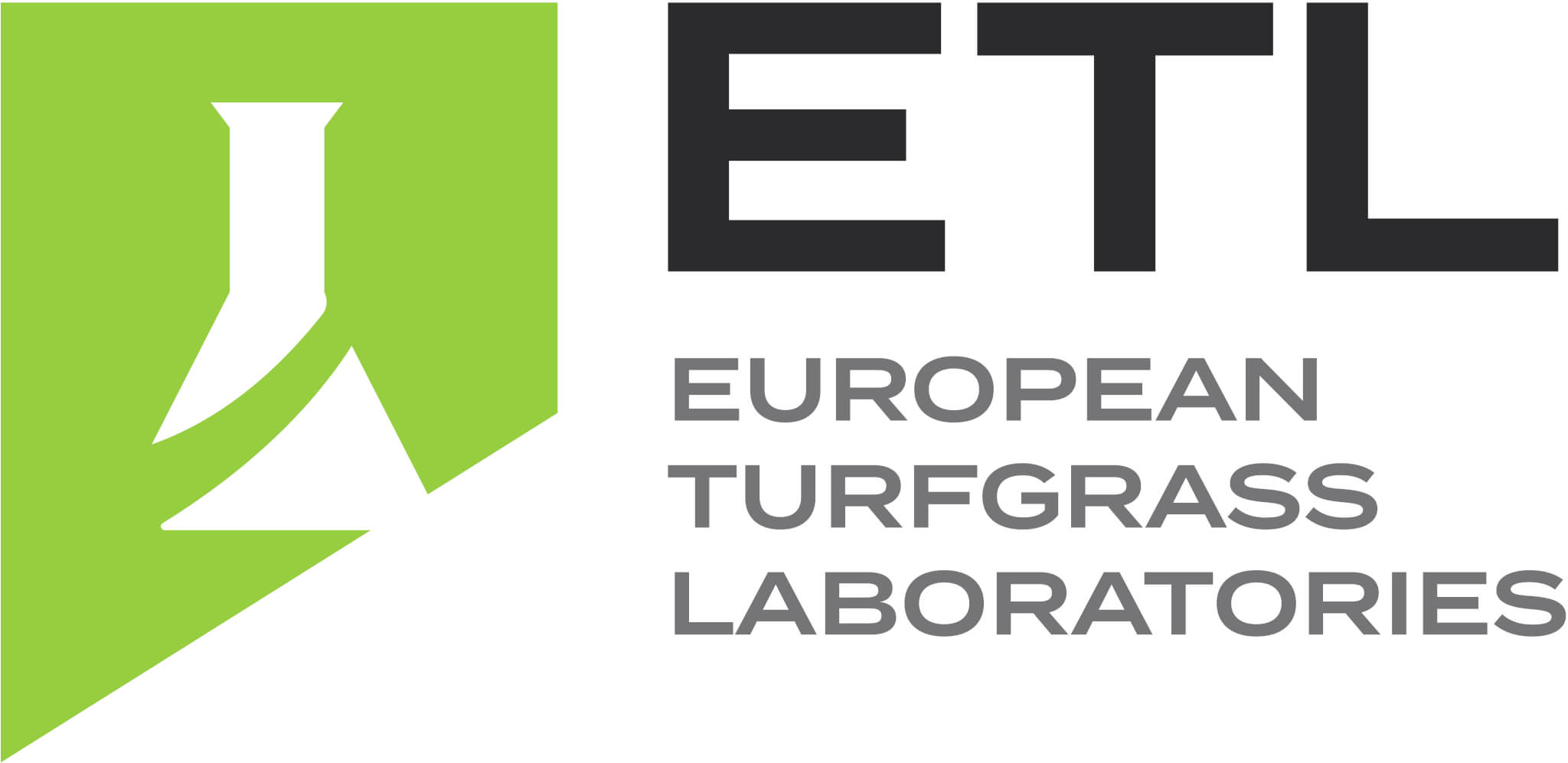
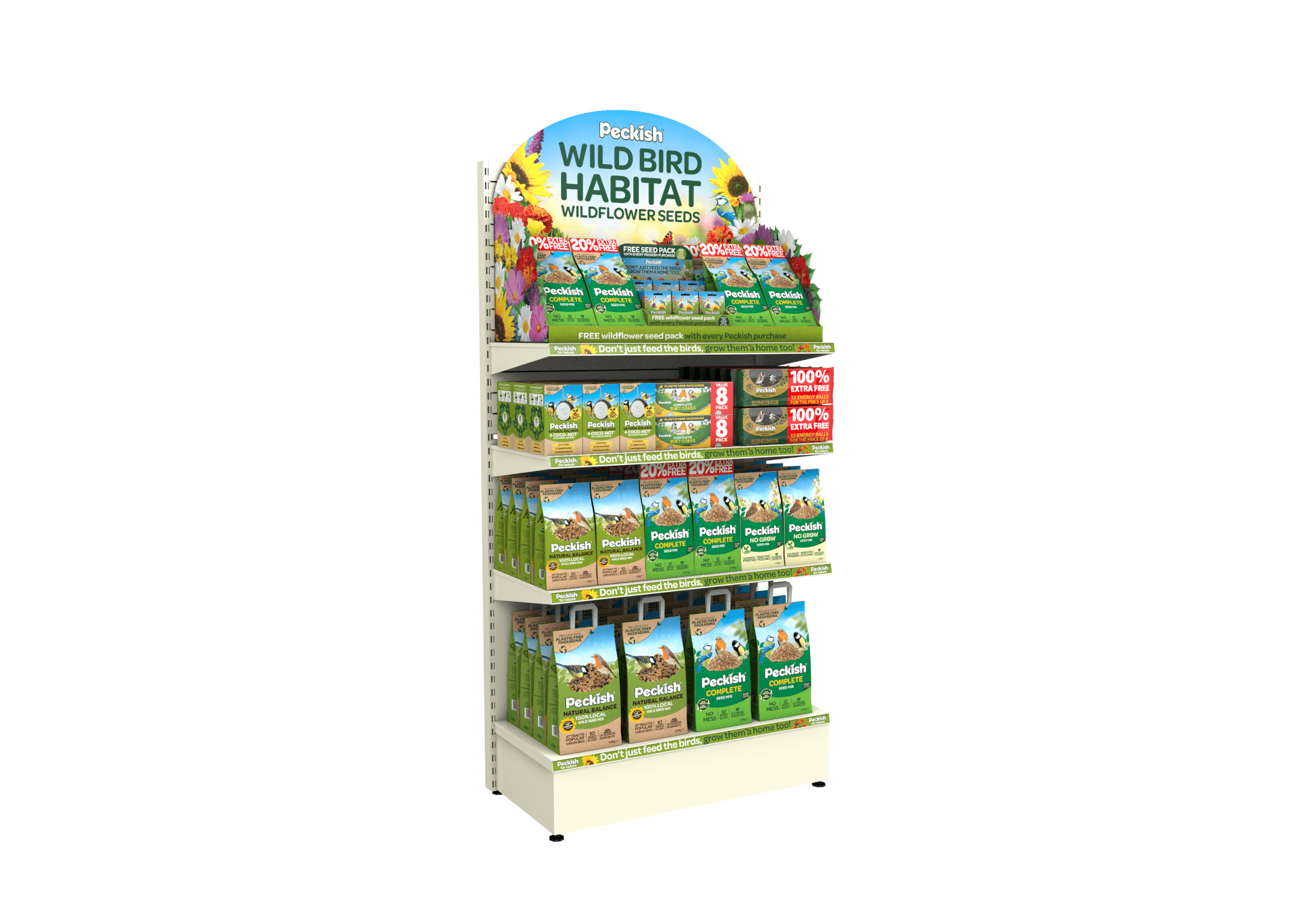
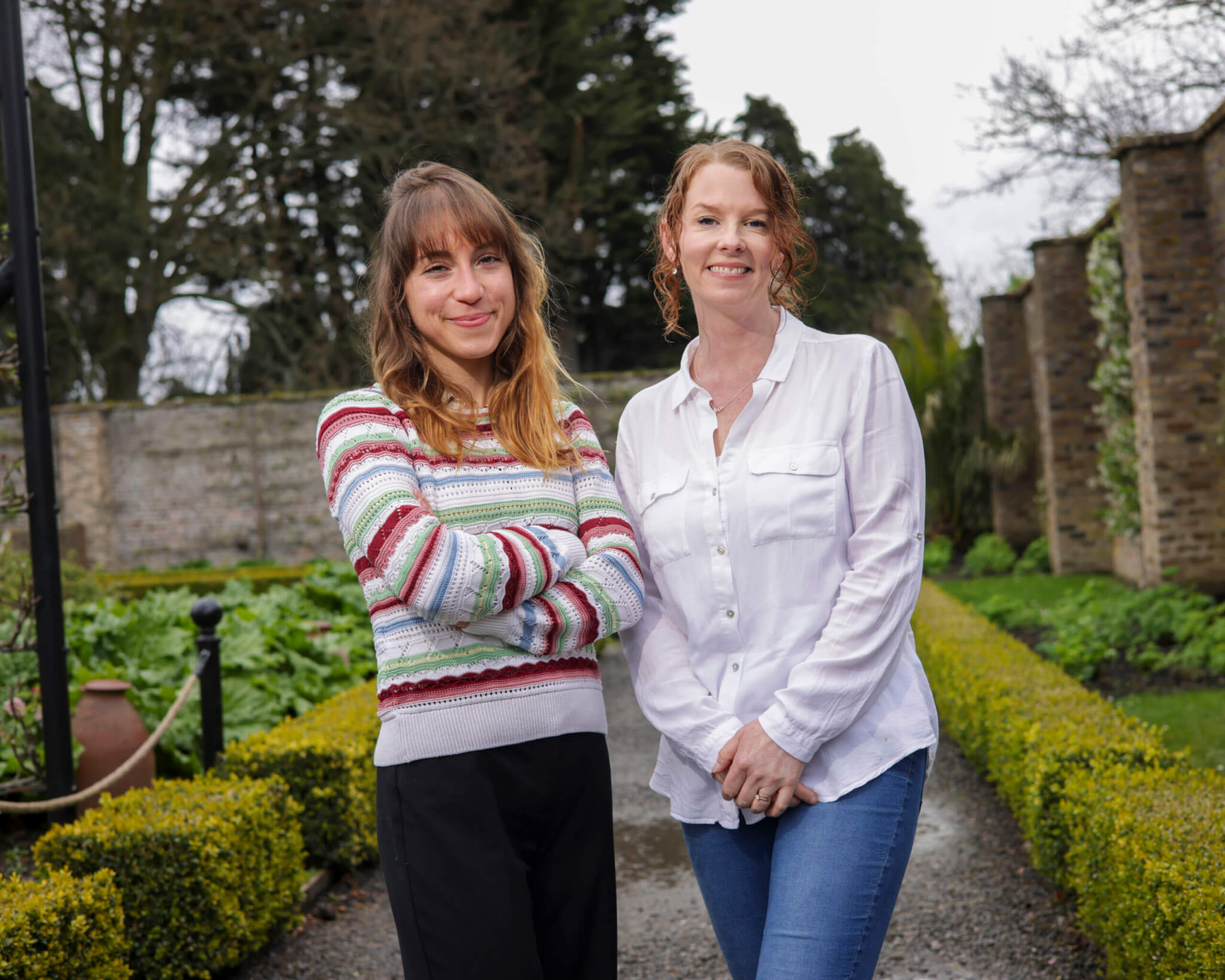
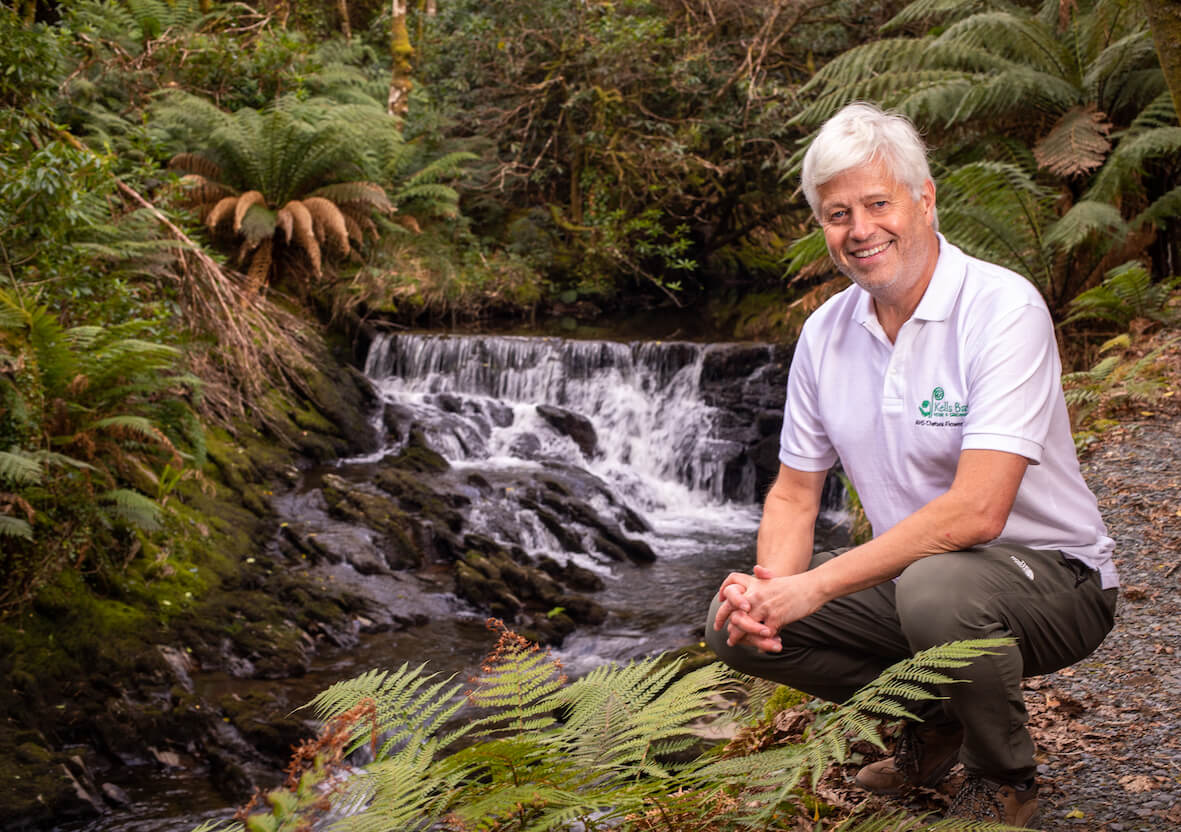
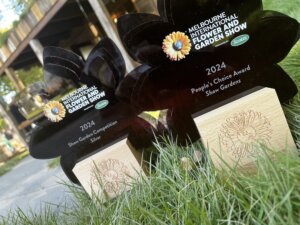


Fans 0
Followers